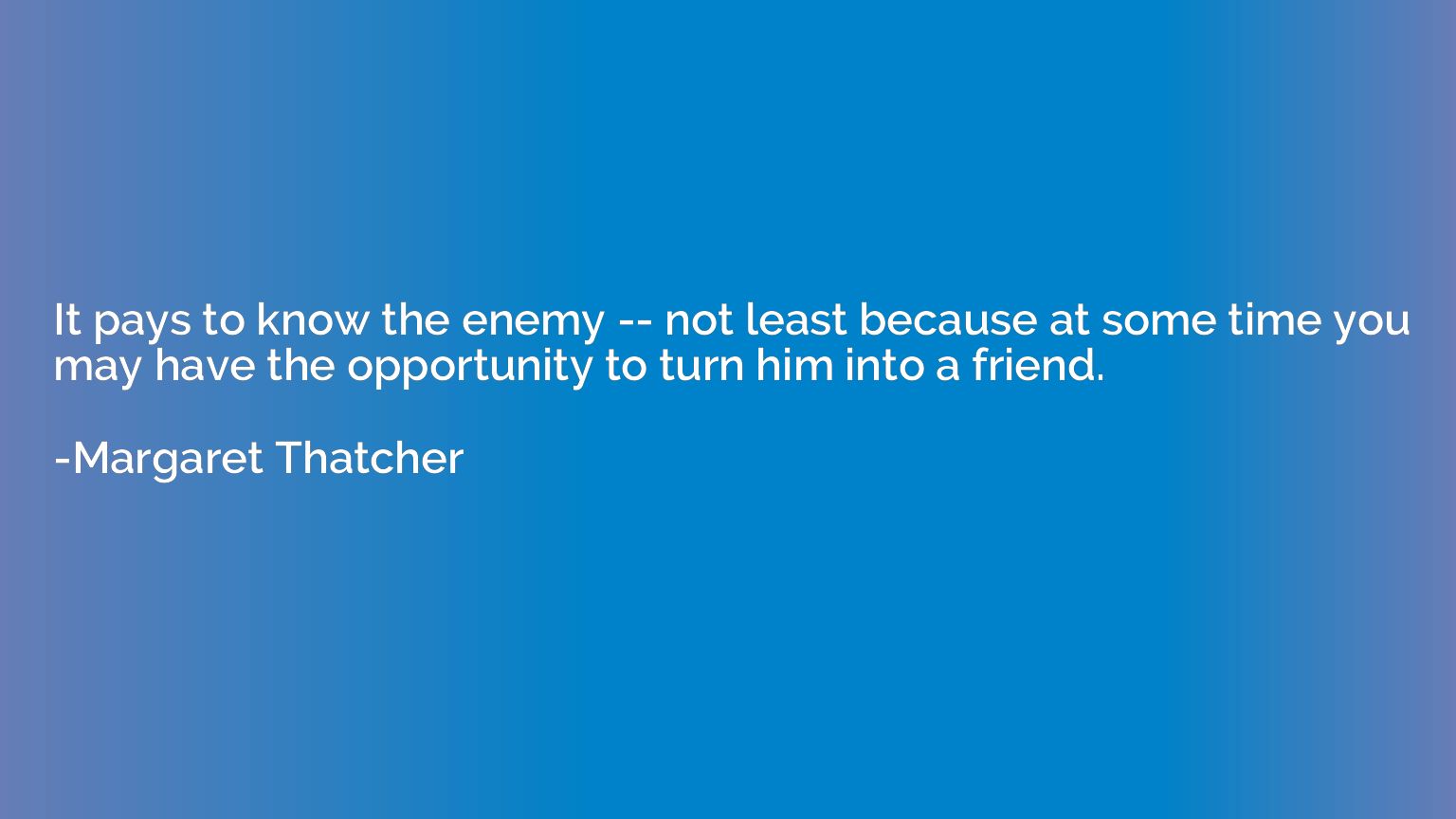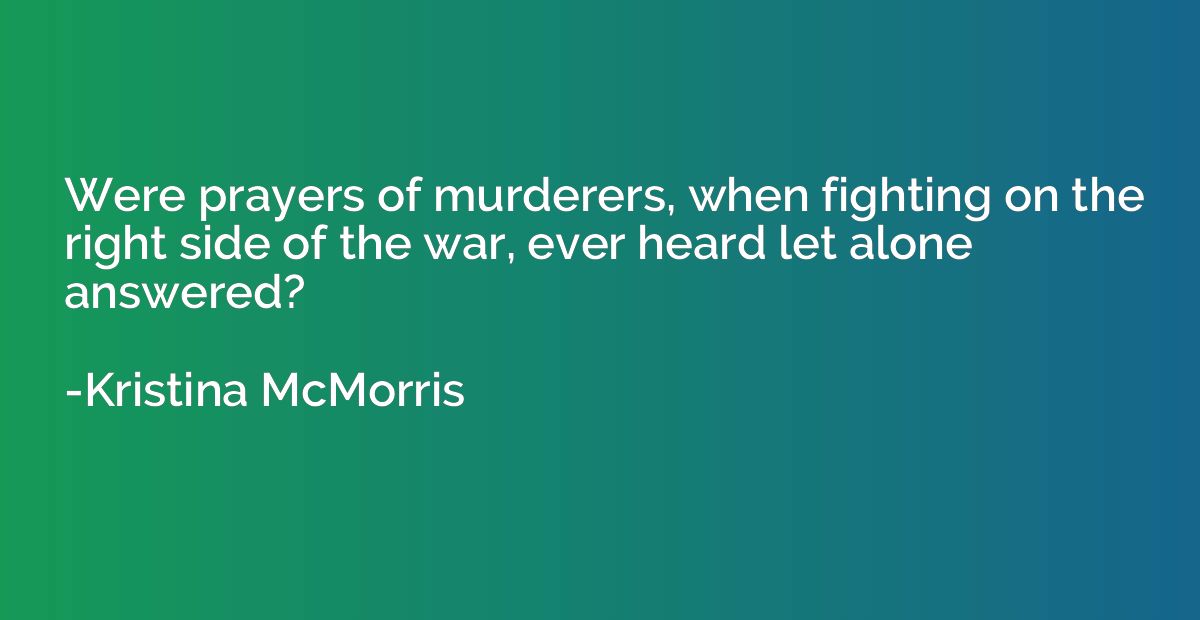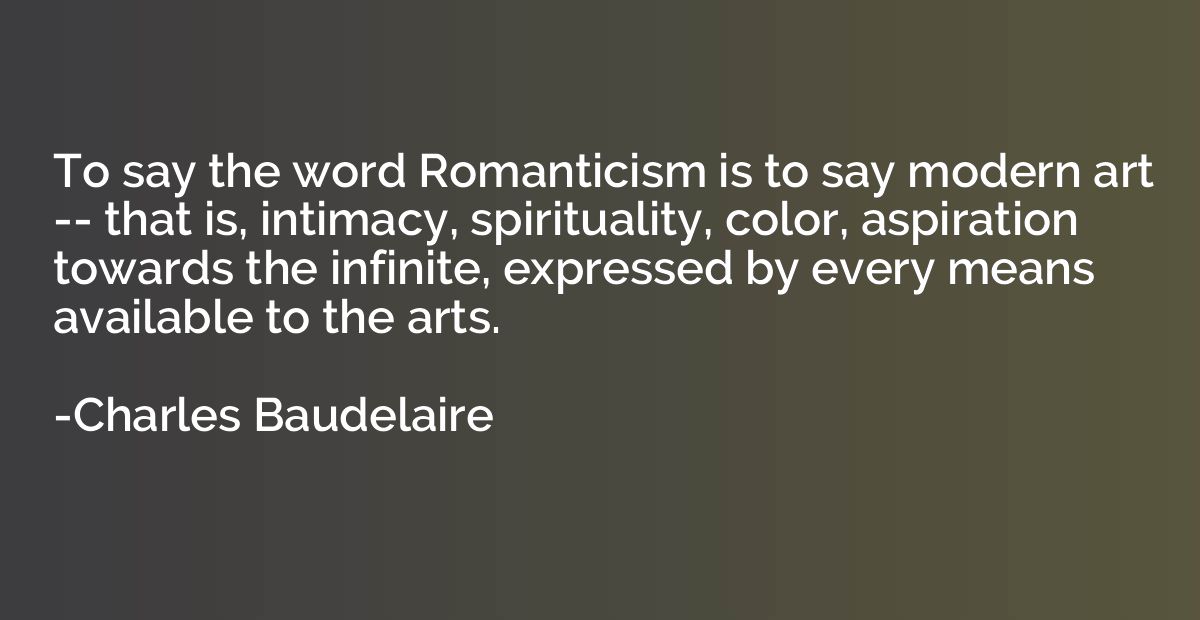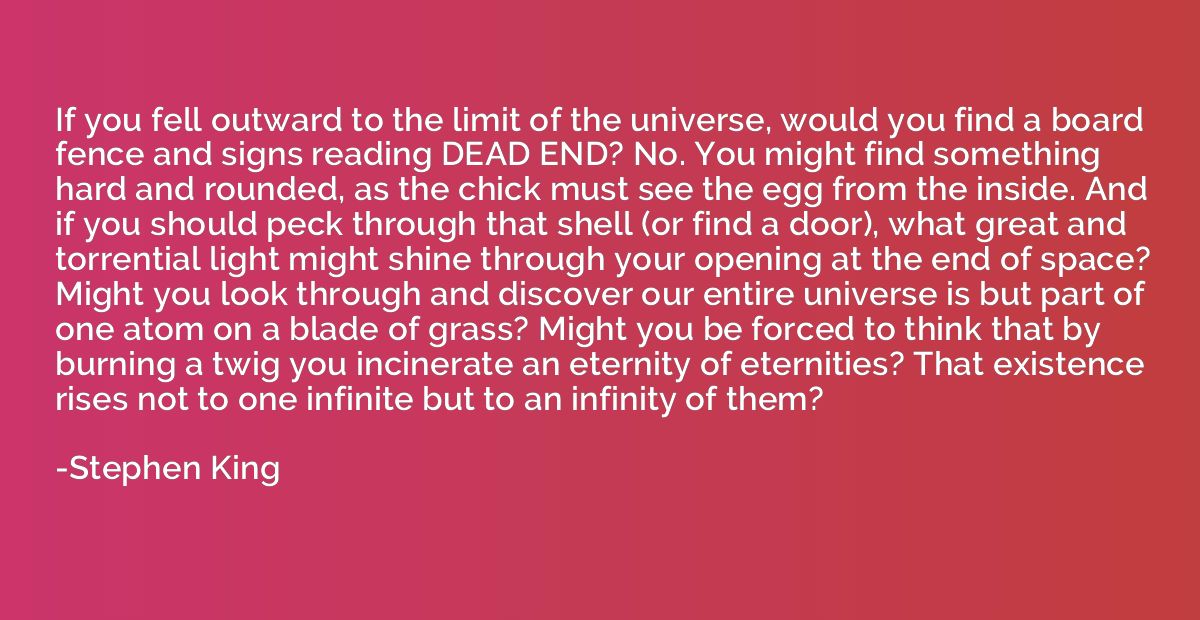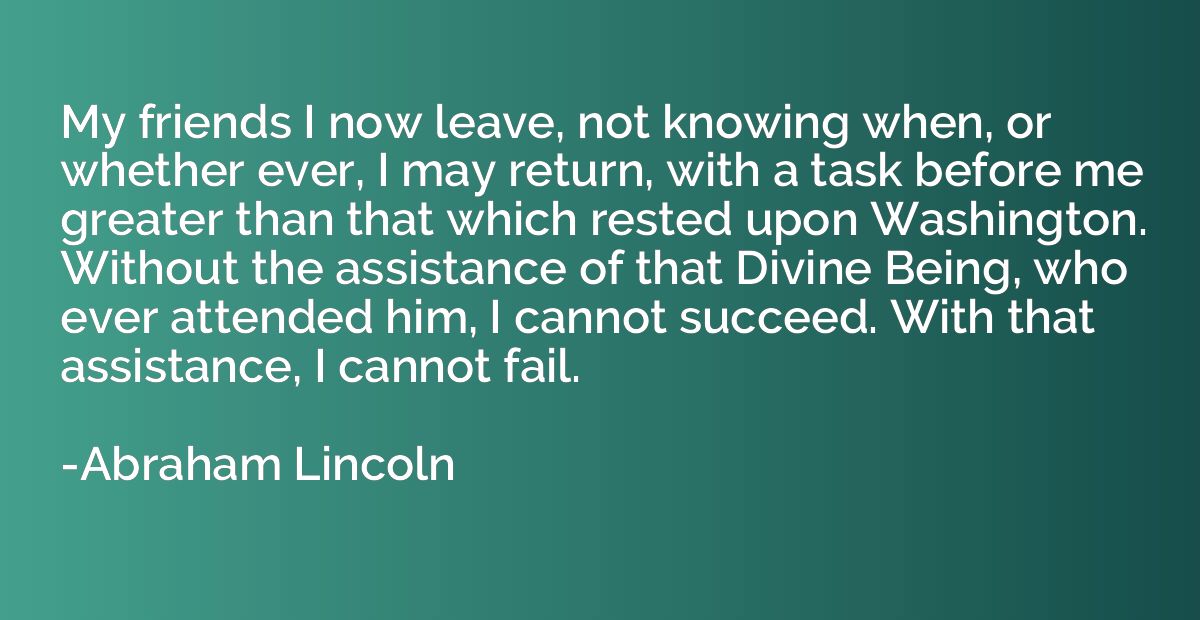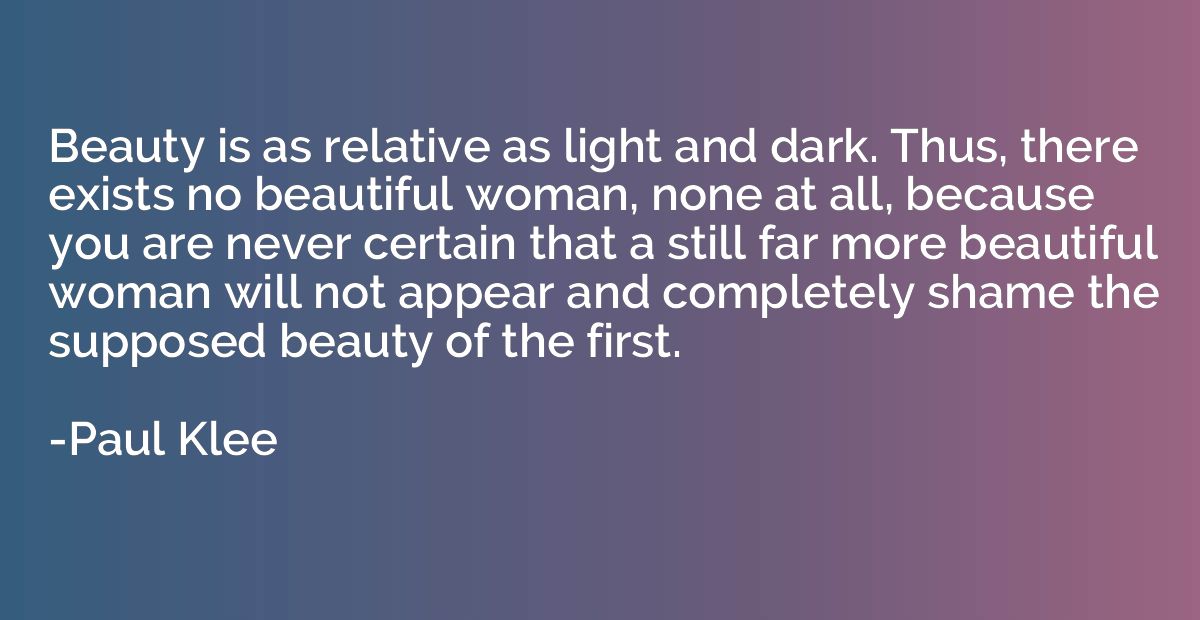Quote by Leo Tolstoy
no disease suffered by a live man can be known, for every living person has his own peculiarities and always has his own peculiar, personal, novel, complicated disease, unknown to medicine -- not a disease of the lungs, liver, skin, heart, nerves, and so on mentioned in medical books, but a disease consisting of one of the innumerable combinations of the maladies of those organs. This simple thought could not occur to the doctors (as it cannot occur to a wizard that he is unable to work his charms) because the business of their lives was to cure, and they received money for it and had spent the best years of their lives on that business. But above all that thought was kept out of their minds by the fact that they saw they were really useful [...] Their usefulness did not depend on making the patient swallow substances for the most part harmful (the harm was scarcely perceptible because they were given in small doses) but they were useful, necessary, and indispensable because they satisfied a mental need of the invalid and those who loved her -- and that is why there are, and always will be, pseudo-healers, wise women, homoeopaths, and allopaths. They satisfied that eternal human need for hope of relief, for sympathy, and that something should be done, which is felt by those who are suffering.
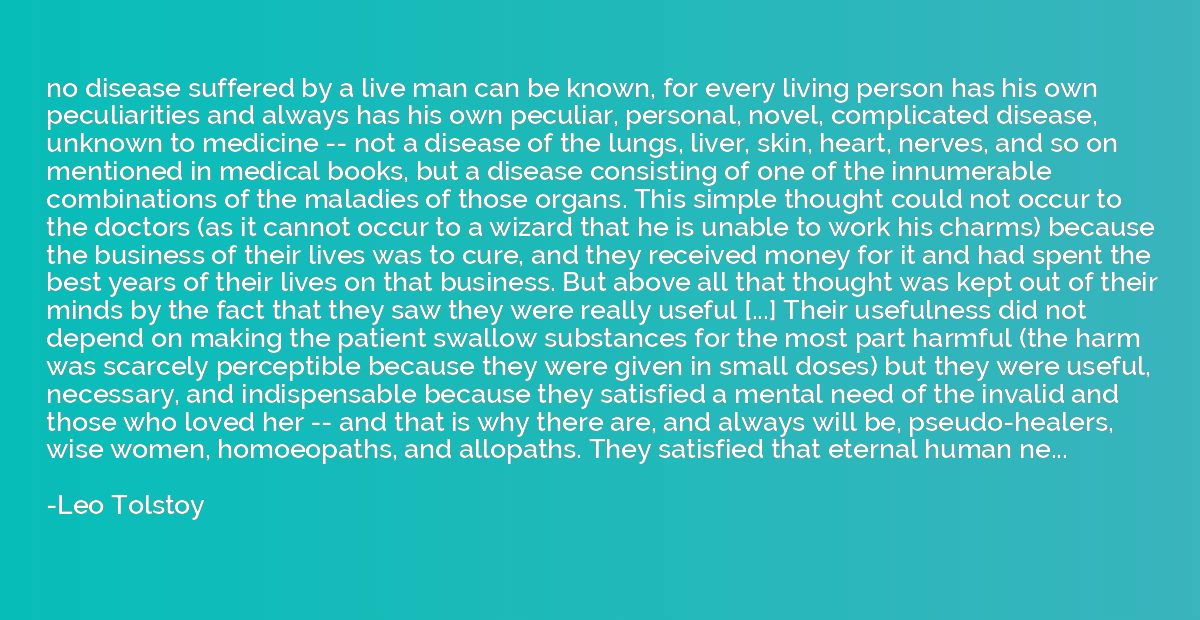
Summary
This quote suggests that individual diseases experienced by living people are unique and cannot be fully understood by medicine. It argues that doctors, driven by the desire to cure and the financial implications of their profession, focus on treating known diseases rather than exploring the complex combinations of ailments that individuals may suffer from. However, doctors retain their value because they fulfill the psychological needs of patients and their loved ones. The quote highlights the perpetual existence of alternative healers, as they offer hope, sympathy, and the feeling that something is being done to alleviate suffering.
By Leo Tolstoy



